When did you last hear the word ‘pollination?’
Maybe in a science class, although for those in the farming industry, this is not a new word to you.
“What exactly is pollination?”
When a pollen grain moves from the anther (male) of a flower to the stigma (female), pollination happens. This is the first step in a process that produces seeds, fruits, and the next generation of plants. This can happen through self-pollination, wind and water pollination, or through the work of vectors that move pollen within the flower and from bloom to bloom.

Who are the pollinators?
Birds, bats, butterflies, moths, flies, beetles, wasps, small mammals, and our focus of today, bees!
Bees visit flowers to drink nectar or feed off of pollen and transport pollen grains as they move from one place to another
Why are pollinators important?
Between 75% and 95% of all flowering plants on the earth need help with pollination – they need pollinators. Pollinators provide pollination services to over 180,000 different plant species and more than 1,200 crops.
That means that 1 out of every three bites of food you eat is available because of pollinators!
Economically, pollinators add 217 billion dollars to the global economy, and honey bees alone are responsible for between 1.2 and 5.4 billion dollars in agricultural productivity in the United States alone.
In addition to the food that we eat, pollinators support healthy ecosystems that clean the air, stabilize soils, protect us from severe weather, and support other wildlife.
Who are the greatest pollinators?
You guessed it… THE BEES!
What comes to your mind when you hear the word “bees”? Honey… Right? Sometimes referred as “the nectar of the gods” because of its deliciousness. For most households, honey is one item that can never miss because of its many uses.
Honey has anti-fungal and antibacterial properties. Add a little bit of honey to apple cider to help with acid reflux or mix honey and sugar for a scrub ideal for exfoliant for your skin! Honey and coconut water drink help relieve sore muscles… the benefits of honey are literally endless!
Why is this all important?
None of this would be possible without bees.
However, sadly, over the years, bees and other pollinators are continuously under threat from human activities.
The pesticides we spray on our crops can reach the bees through air, soil and water. These pesticides affect the bee’s ability to find their nests, which consequently affects their navigation pattern, as well as learning and feeding behavior.
Also, these pesticides interact with scent molecules emitted by plants which bees need to locate food, the impact is, it takes bees longer to search for food, these can also greatly affect the reproductive process of the bees.
What can we do to help the bees?
Despite their heavy importance, many Bumblebees are listed as endangered, vulnerable or near threatened by the International Union for Conservation of Nature and Natural Resources’ Red List of Threatened Species. Scientists have found a direct link between the decline in bumblebees and climate change.
In 2018, there was a bit of reprieve when the European Union upheld a partial ban on three insecticides known as neonicotinoids to mitigate the fatal threat they pose to bees and their trickle-down effect on pollination as a whole.
At Ocean Sole, we are committed to doing what we can to save our pollinators which is in line with our core mission and values of putting the environment first. Therefore, amongst the many purposeful art we make, we have the Bumblebee!
Which we make in large sizes using 22 flip flops. It takes our very talented Artisans, Kaloki and Henry, 12 hours to make each large sized bumblebee!
Anytime we display our Bumblebee art pieces, we are telling a story. We want everyone to see and recognize that there’s urgency to saving this endangered species.
When you buy any bee art you are helping tell this story, that’s your impact, and it’s a big impact!
Let’s collaborate together to help save the bees!
Clearly we have a long way to go when it comes to protecting the lives of our pollinators, to whom we owe the food that we eat. Think about what you can do to help fight to save the bees, a little goes a long way! We can’t afford to not do something.
Whether it’s creating your own pollinator garden and/or bee garden or spreading the word about the crisis these pollinators are in - every little action matters!
Saving the bee and other pollinators alike, will help save the planet!
By: Maureen Simba
……………
At Ocean Sole, we are a registered non-profit, whose mission is to clean polluted beaches and provide careers to Artisans in high-impact communities.
Email hello@oceansoleafrica.com for custom projects, creative ideas, or just to see how to stay connected & get involved with our mission!

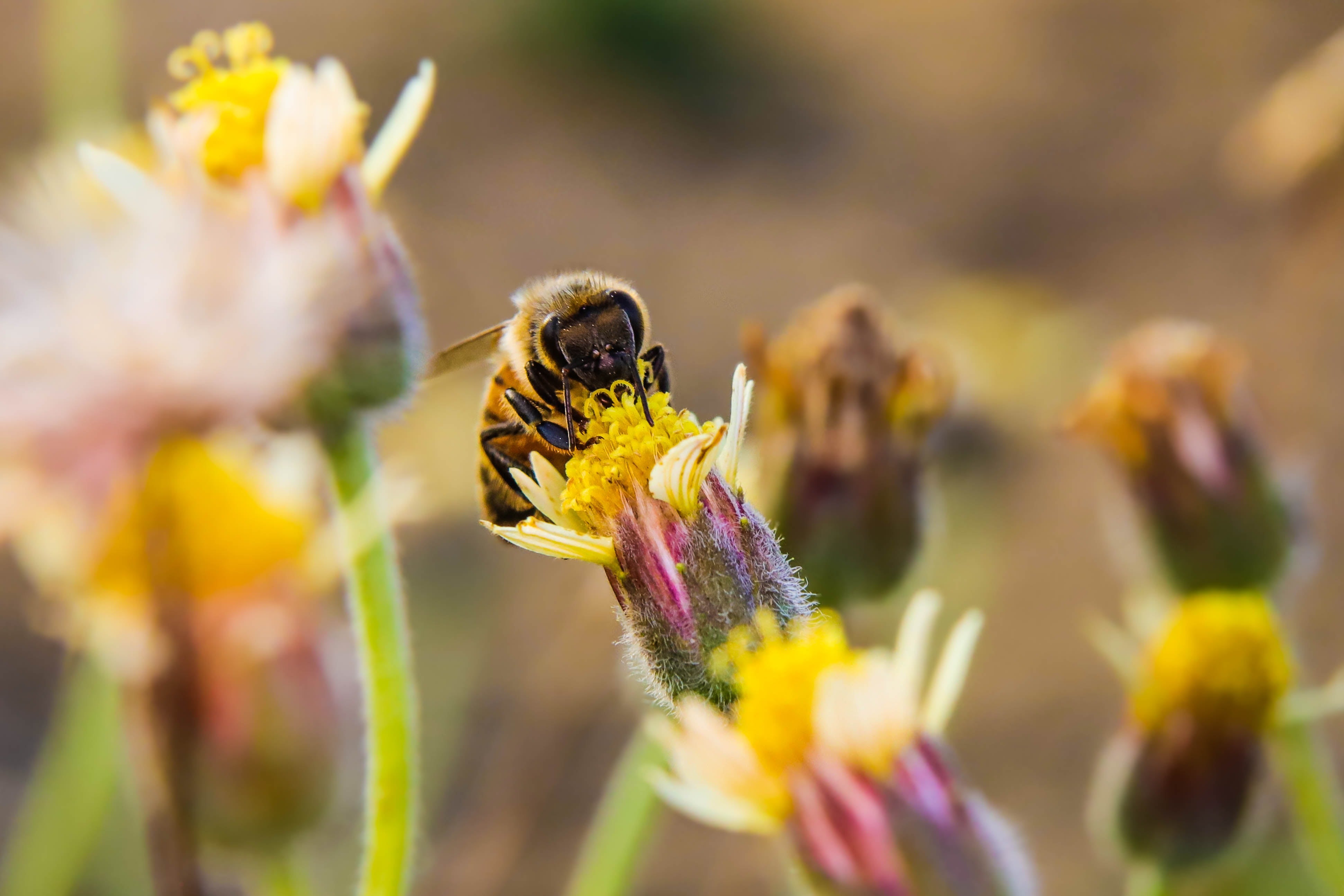




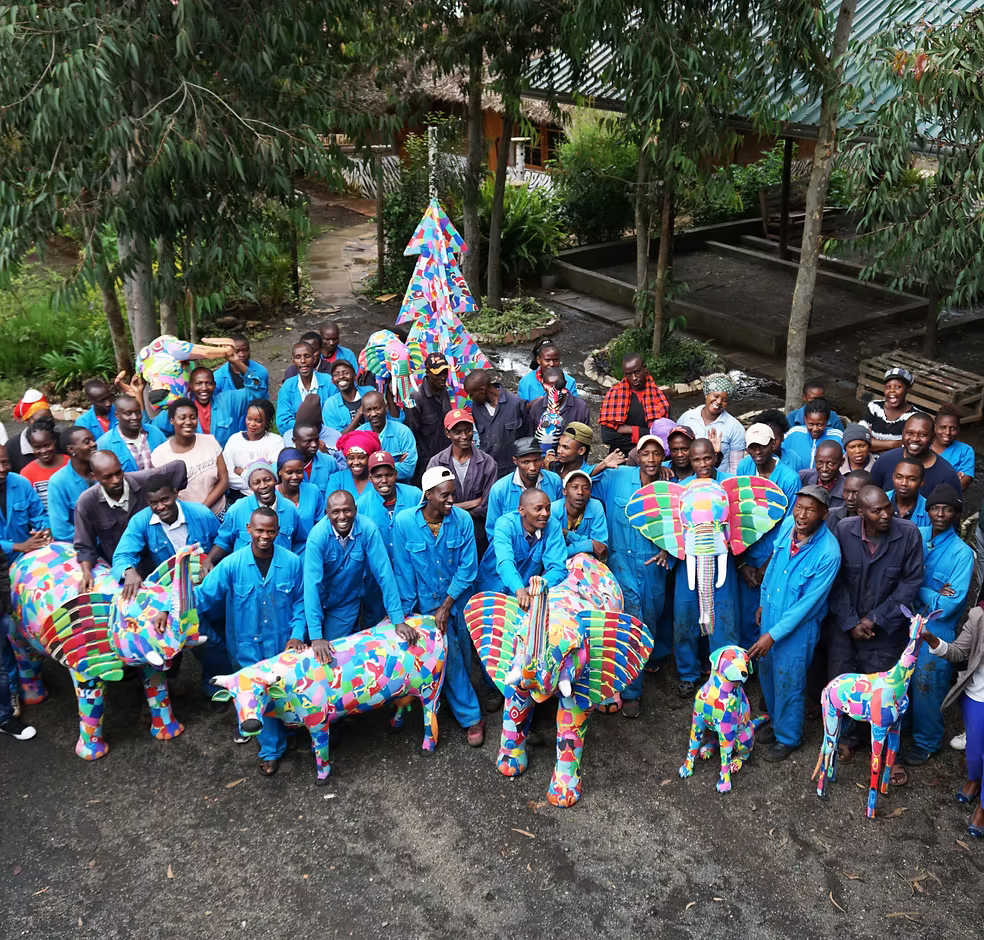
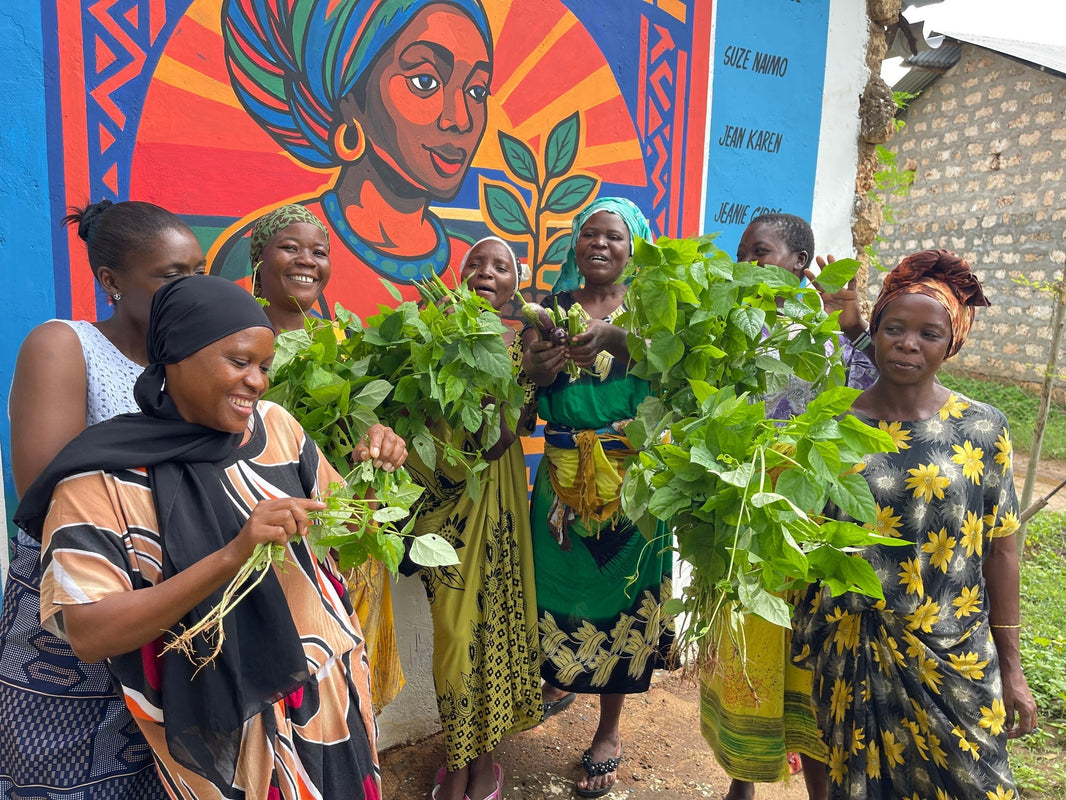
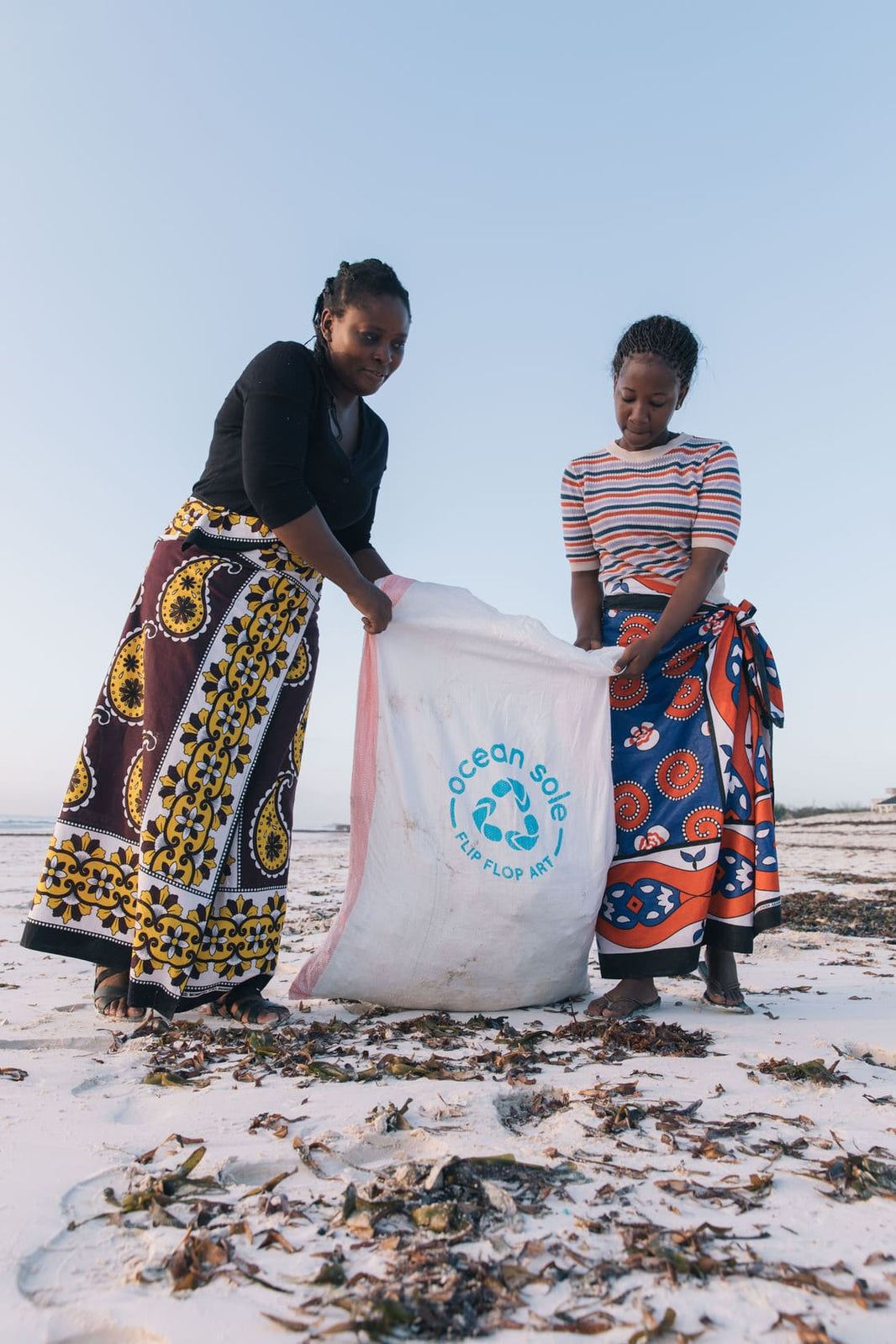
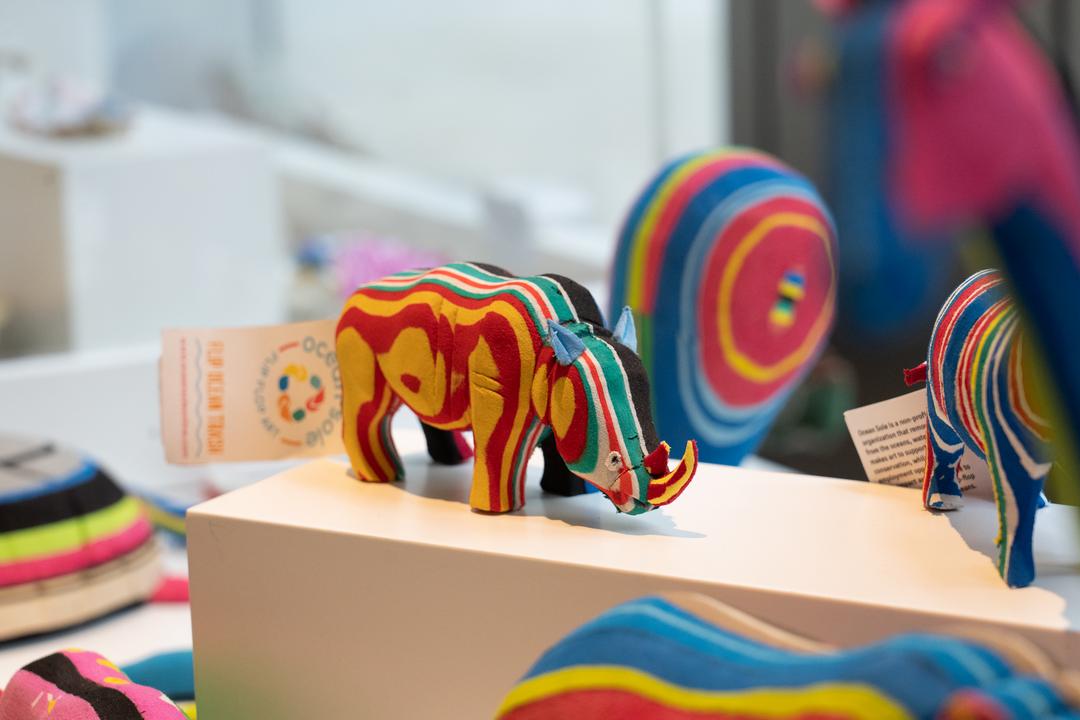
1 comment
Nice article. Word are like bees some create honey and others leave a sting.let save our environment.